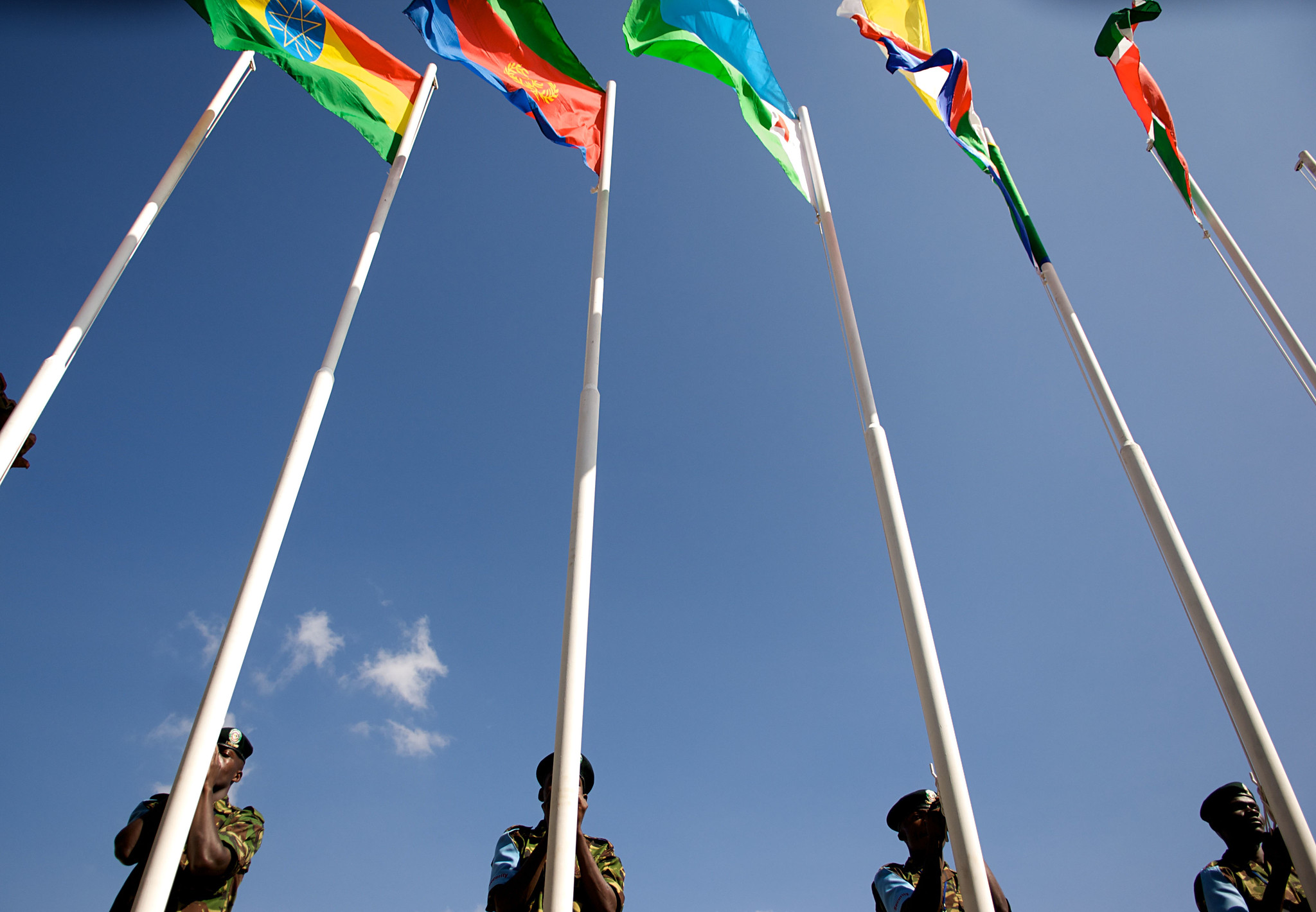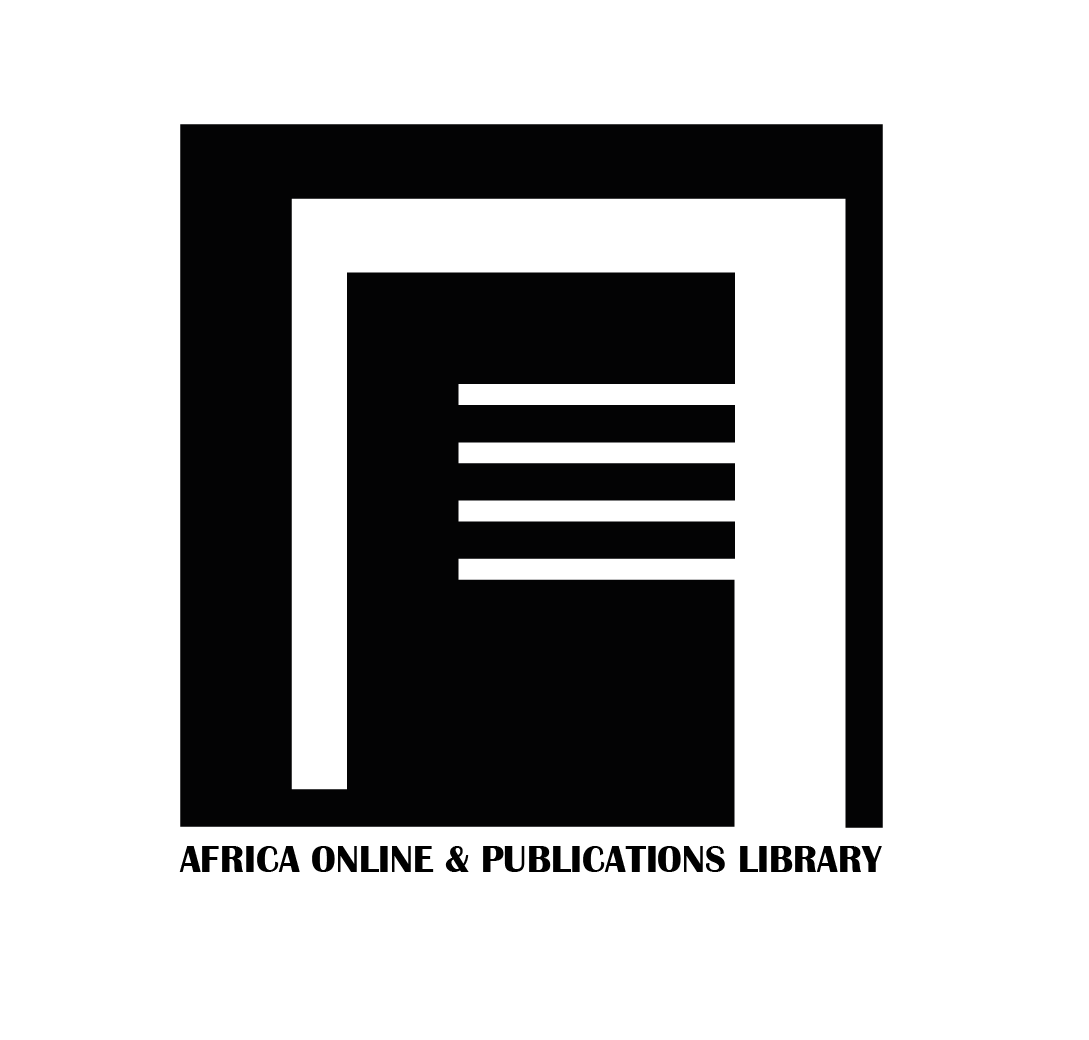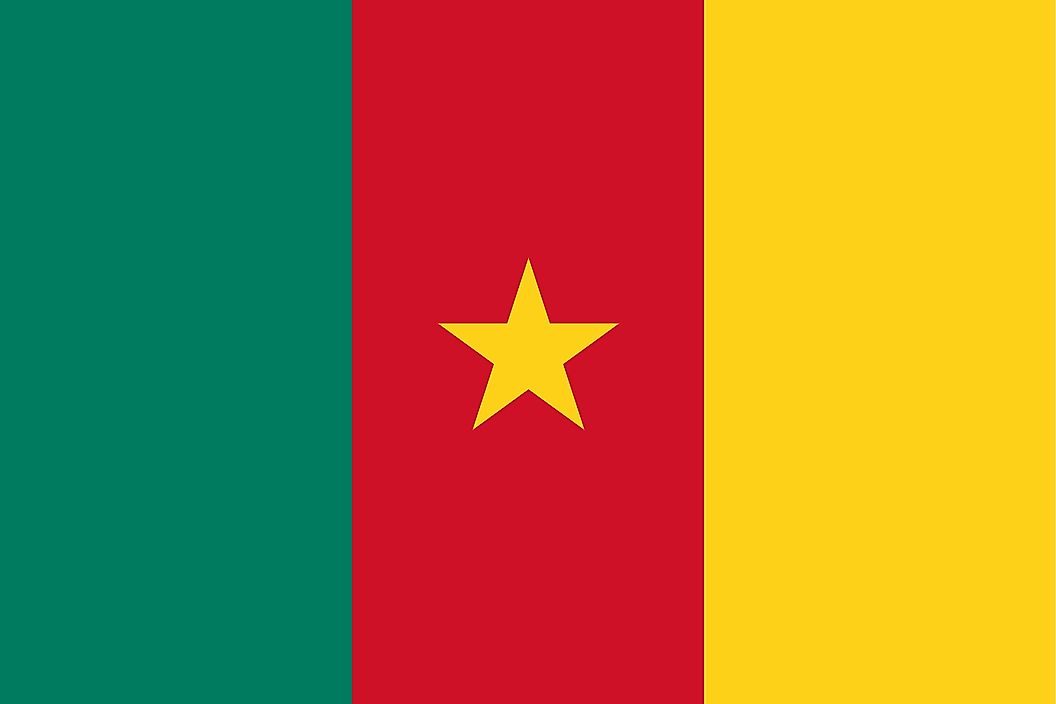Abstract
The continent of Africa has continued to make the wrong headlines in terms of its governance systems with the upsurge of military coups. While governance systems are guided by international, regional, and domestic laws that prohibit the unconstitutional changes of governments, the reality is that such laws have failed to live up to expectations. In light of these scenarios where laws have failed to keep up with reality, policy research on the African continent is centred on potential solutions to this type of regional conundrum, both in theory and praxis. Against such a backdrop, this study attempts to contribute theoretically towards redressing the unending unconstitutional changes of governments on the continent. Relying on a qualitative approach that uses documentary analysis as its data collection method and content analysis for data analysis, the study examines the limitations of international law in suppressing military coups in Africa. It argues that the contemporary international legal system has to contend with crucial political systems, and this creates complexities in its regulation of military takeovers in Africa. As a way forward, the study advocates a suitable diplomatic model of international law that can be instrumental in stopping or limiting the resurgence of military coups in Africa.



